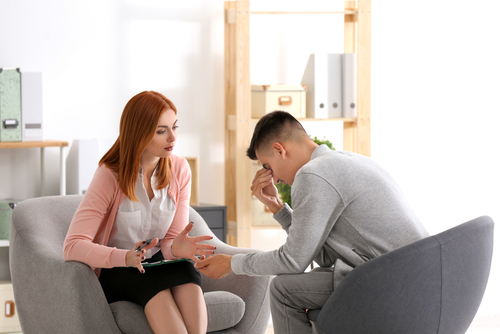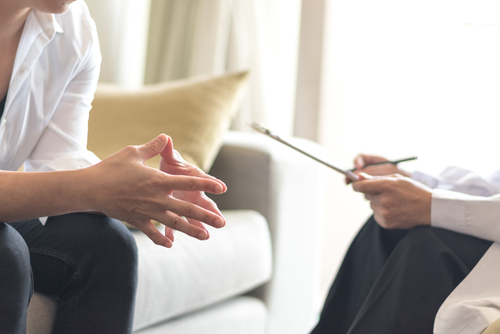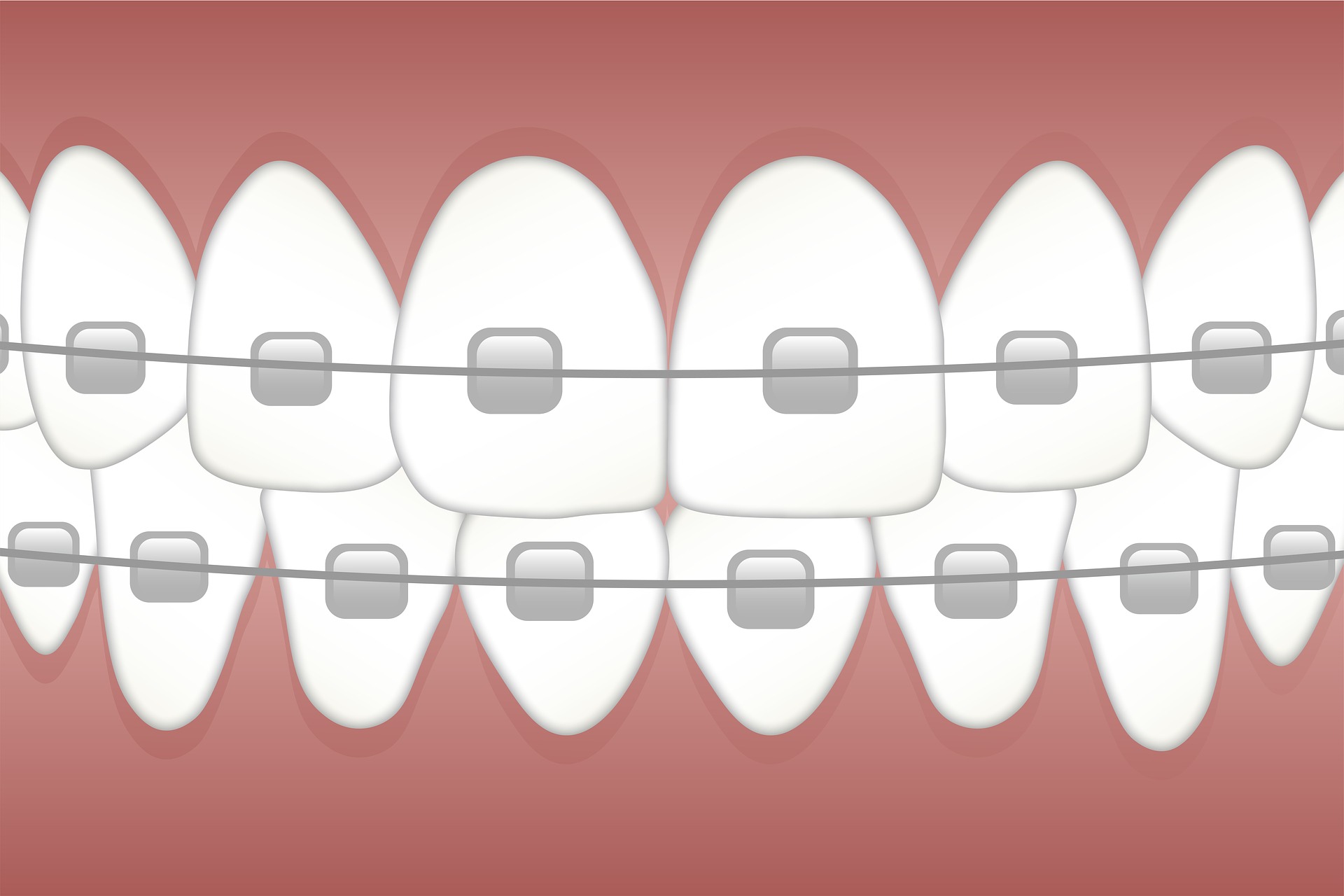The human brain is always on the go, so it’s no surprise that at some point or another, humans experience being mentally and emotionally burned out. Caring for your psychological welfare is a huge responsibility; talking about it and not getting any medical help adds up to your frustrations. When this happens, the best thing to do is look for a psychologist that is highly-qualified and professional.
For many, it is a big leap to seek professional help, but it is essential for your healing. However, there are things you need to consider before hiring one to avoid wasting any of your time, money, and effort to ineffective treatment.
Here are some of the questions you need to ask from your prospect psychologist
There are multiple questions you can ask your psychologist to get the clearance of your problems in the best possible manner. Let’s find out some of the effective means you can apply to develop your treatment process in the right direction.
1. How will you treat me?
The first thing you need to know is how the psychologist can help you get through your mental issues. If their answers are not satisfying, try looking for psychologists at Open Sky Psychology where you can find various psychologists offering different treatments for different issues. Since your reason for hiring one is to heal from your psychological warfare, it is but necessary to ask them these details in relation:
- The psychological treatment that will be used to address the problem.
- The kind of methods needed to treat other patients with similar problems as you and a general overview on how said patients has recovered.
- The methods that are being used and the probability of success.
2. Have you encountered issues similar to my case?
They say that experience is the best teacher and this applies to your prospect psychologist, too. No matter how long they have been practicing, there are cases they may have not encountered yet and you wouldn’t want to be the first. To gauge the experience level of your prospective psychologist, consider these details:
- The number of patients that have the same problem as yours.
- The number of patients that need treatment and are still undergoing treatment.
- The length of time needed before positive changes are evident.
- The estimated timeline or length of time that is needed for cases like yours.
3. Can you evaluate if the treatment is working for me?
Some patients want honest answers to how they are doing, whether they’re doing well or not. Be bold enough to ask these questions to identify psychologists who are honest:
- Along the treatment, will you tell me if I’m doing well or not?
- Will you point out if there are changes?
- How will you gauge my changes?
- Will you be direct about it or will you wait for the entire treatment to be done before giving your evaluations?
4. What is your area of expertise?
Knowing the theoretical orientation of your potential psychologist helps you decide whether you’re seeking the right one or not. Psychologists have different expertise which requires different approaches. Here are questions to help you identify the right psychologist for your problem:
- What is your area of focus?
- How long have you been working on your expertise?
- Do you have any credentials to support your claim?
- Do you regularly attend seminars or training to further your knowledge?
- Do you rely solely on your knowledge when treating a patient or do your research to find more about it?
5. What is your availability?
It is essential to know the availability of your therapist, especially if your case needs constant support and advice from your psychologist. Ask them these questions to see if they can be reachable:
- Can I call you anytime?
- If not, what times of the day and night can I call you?
- How can I reach you?
- Do you have a separate emergency contact number?
- Can you keep me up to date if you will be away for a long time?
6. Can we be friends?
Your psychologist must maintain a professional yet distant relationship with you. Remember that you need professional help, not a friend. Consider it a red flag when their answers to these questions are a yes:
- Can I hang out with you during your free time?
- Can you add me up on my social media accounts?
- Do you have friends from your patients’ list?
Conclusion
Having someone to vent out your problems is different from having a psychological therapy. It is important to seek professional help when you know you are suffering from within. But to be treated effectively needs the right psychologist. Bear the difficulty of finding the right one then go to an exhausting treatment process that will not help you. When you know you are in good hands, chances are you will be healed in time. There are multiple ways you can adopt to cure your patients.
Read Also:























